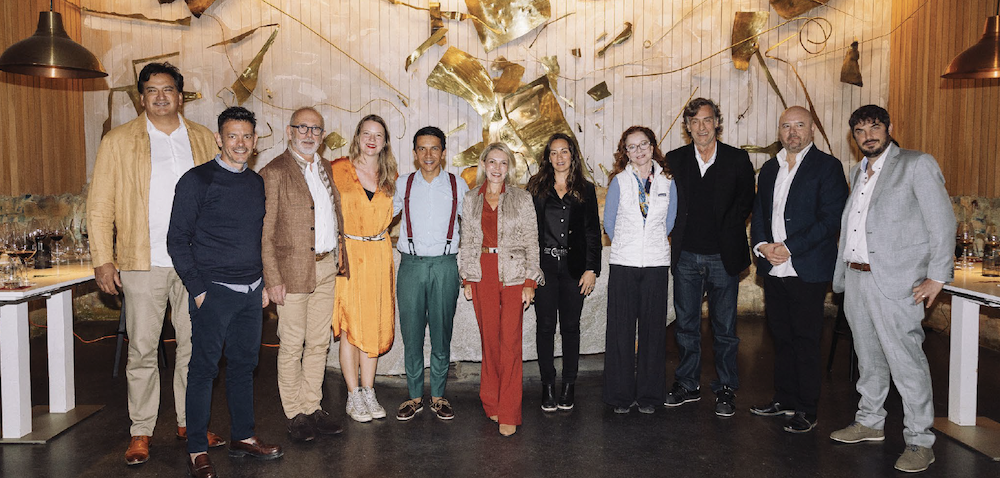
Discovery
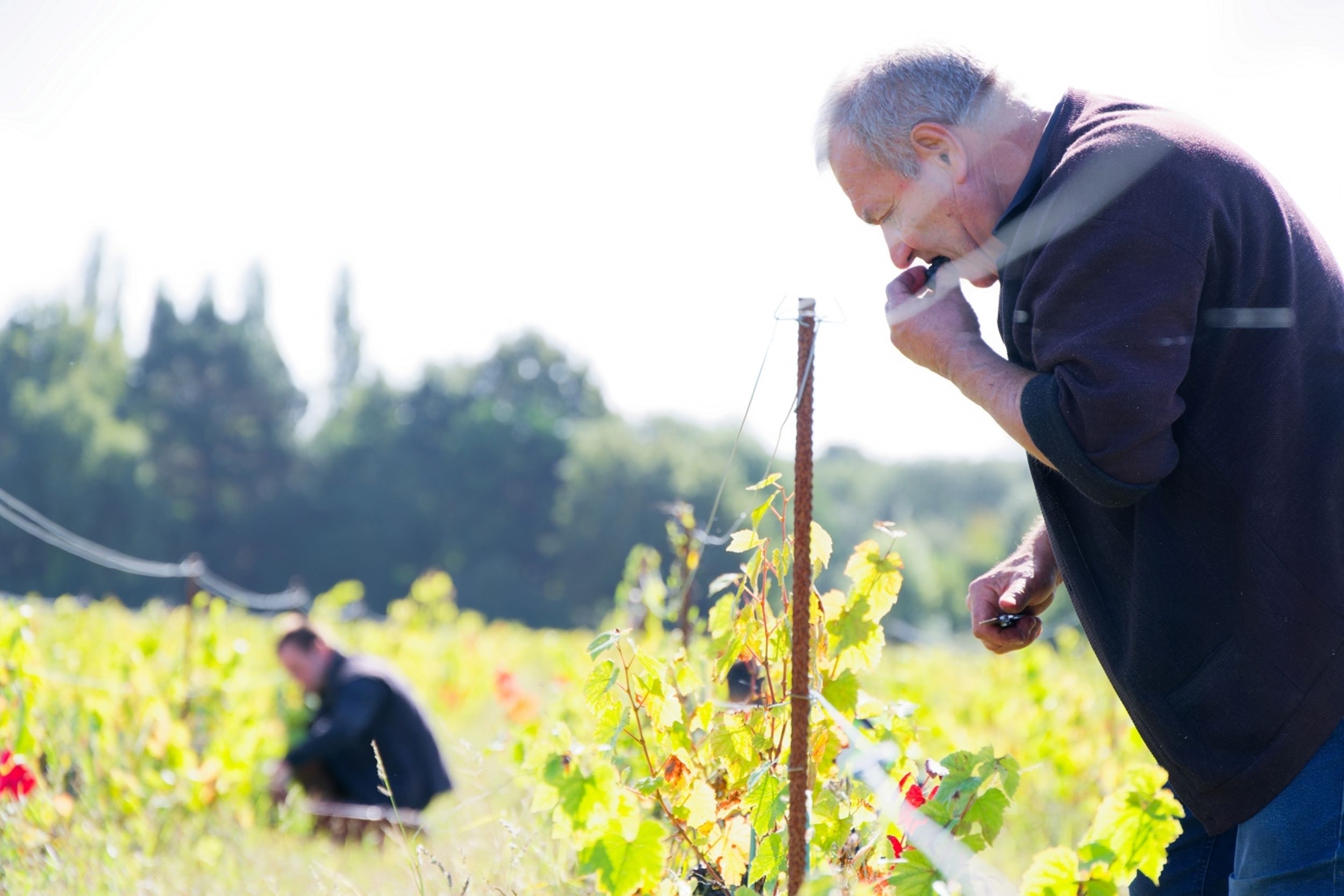
Discovery
By Camille Bernard – Photographs: courtesy of the estates, posted on 16 September 2025
After a 2024 vintage marred by challenging weather conditions – causing mildew and aborted flowering – yields in Muscadet reached an all-time low. But could this relative dearth of wines help the Loire white wine region along its journey upmarket? We went to a region that has been shaken but remains determined to investigate.
"Worse than frost", laments one Muscadet winegrower. Across the region, the 2024 season can be categorised as one of the smallest harvests recorded over the past decade. Though spared the advent of frost, the vintage was marked by persistent rainfall during the spring which led to strong mildew pressure. Worse still, ‘filage’ – where clusters turn into tendrils due to aborted flowering – occurred, reaching a magnitude the likes of which had never been seen before. Sacrificing their clusters in favour of their canopy, Melon de Bourgogne vines – the only varietal permitted for Muscadet production – came far short of reaching their customary crop levels. By the end of the harvest, the figures were beyond dispute – with yield decreases ranging from 50 to 70% in the worst affected vineyard blocks, output in 2024 barely totalled 140,000 hectolitres, compared with the usual 300,000.
Despite this setback, the industry is looking beyond the undeniable impact that the shortfall will have on winery cashflow and hopes that this abnormal vintage will help expedite the appellation’s move upmarket. It would build on the recent trend for terroir-driven Muscadets, matured for longer on the lees, promoted through village-designated growths and now popular with an audience that sees the wine as more than just “the friendly white for drinking with oysters at Christmas”. Faced with such a sudden depletion of inventories, though, how are producers coping and what marketing strategies are they rolling out to maintain their presence in French and international markets? To find out, we met up with some of them.
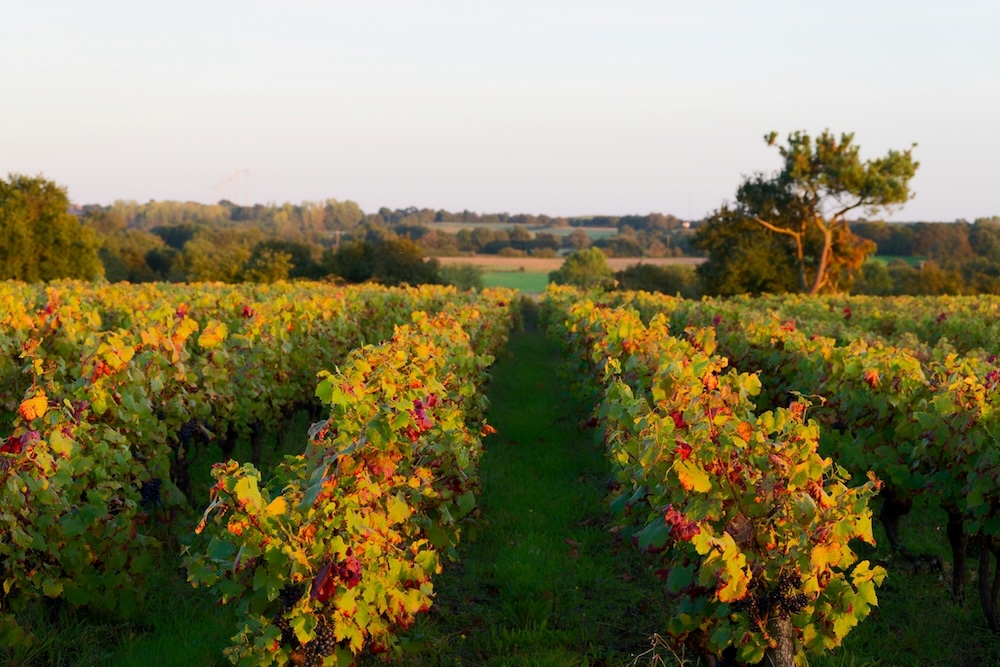
On the eve of the 2024 grape harvest in vineyards belonging to the Pénisson family
Starting in the spring of 2024, a strange word was being bandied about Melon de Bourgogne vineyards – ‘filage’. This physiological disorder is usually limited to a few inflorescences in the event of adverse weather conditions. This time, it occurred across large swathes of vineyards, causing yields to plummet in a region that is accustomed to weather issues.
“We have never seen anything like it”, claim Pierrick and Landry Pénisson, co-owners of Domaine des Iles.
Their feelings are shared by Mathilde Ollivier and Stéphane Cottenceau, the joint owners of Domaine de la Grenaudière, who lost approximately 60% of their production. “The disorder compounded the very strong mildew pressure we had to combat all year round but which, fortunately, did not cause any losses for us”, explains Ollivier.
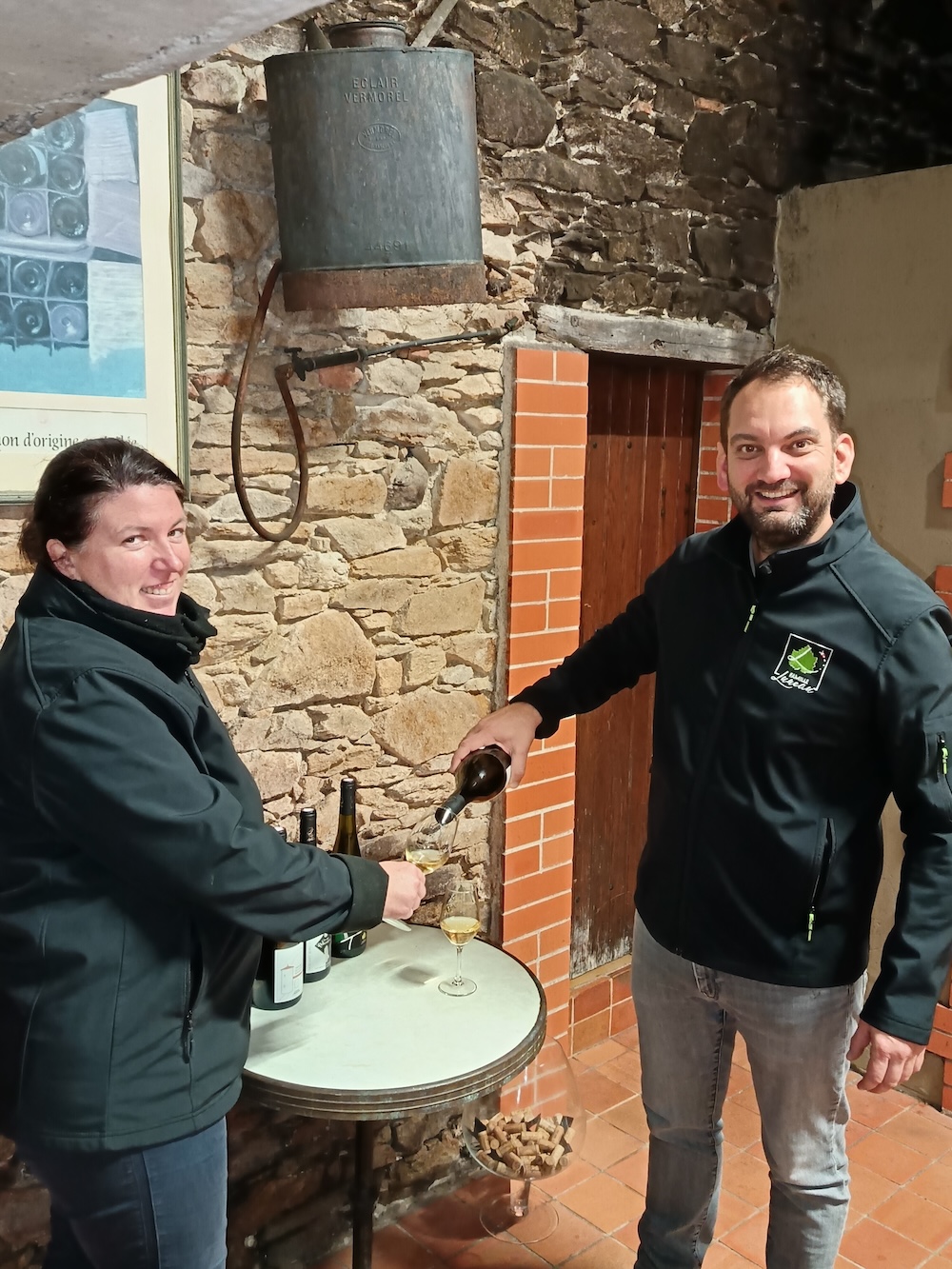
Anne-Sophie Luneau and Fabien Vignal stress the quality of the juice in 2024
To summarise, it was a disastrous year for many winegrowers, though all of them agree on one point: the fruit that could be salvaged produced great quality juice. “2024 was a fickle but quality vintage”, comments Nicolas Choblet, a winegrower at Domaine du Haut Bourg. “The juice is really good and the 2024 vintage is showing well”, says a delighted Fabien Vignal, head of wine marketing at the property and a future business partner of Anne-Sophie Luneau.
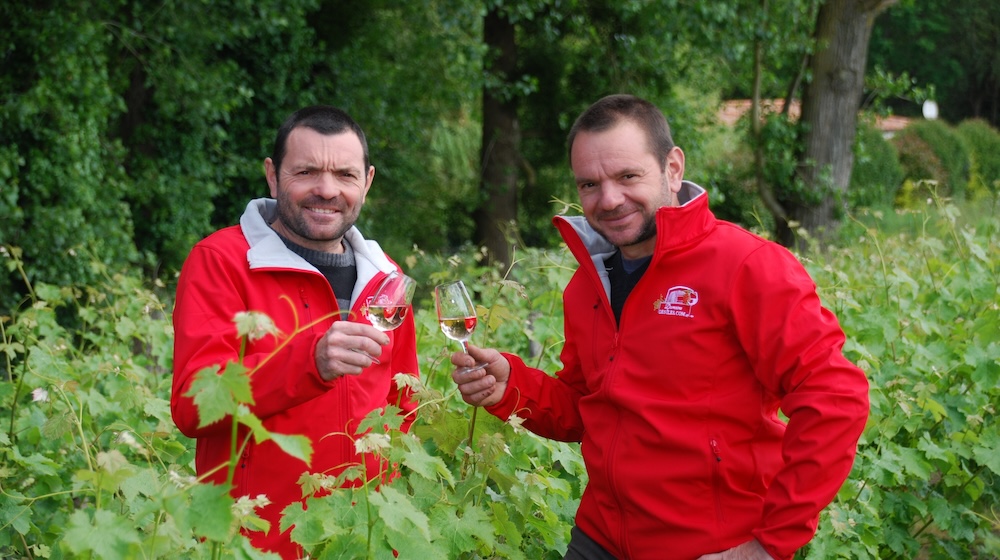
The Pénisson brothers are focusing on a stock policy
The Nantes Wine Federation anticipated that harvesting would officially begin in mid-September – when Melon de Bourgogne had reached decent natural alcohol content – but the amount of harvested fruit was unfortunately minimal. And although some wineries have a safety net of inventory stored from the previous harvest or harvests, others entered 2024 with fairly depleted cellars. At Domaine des Iles, for example, the Pénisson brothers are relying on a stock policy that should guarantee minimal supplies through to the release of the 2024 harvest. “We are going to have to tell our customers to wait, especially as we have to keep part of our wines for exports where half of our Muscadets are sold”, explains Pierrick.
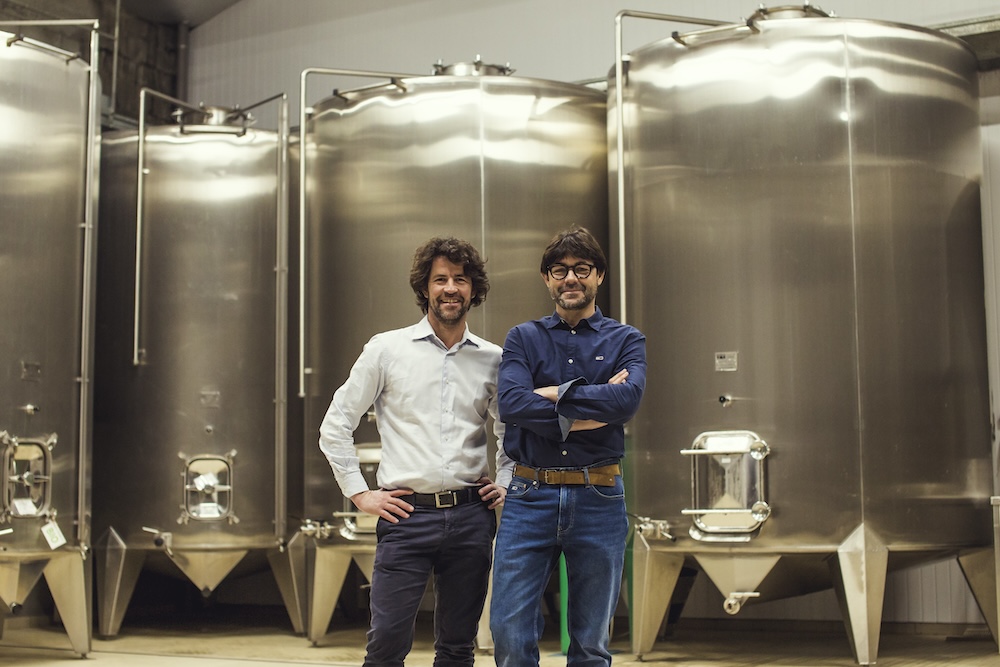
Wineries like Haut Bourg have built up inventory over the years
Domaine Luneau and Domaine du Haut Bourg, where crop levels were reduced to a third of customary amounts, came to the same conclusion. Nevertheless, both farms seek to offer reassurance: “We have always specialised in producing Muscadets with two specific features – terroir, because we make single-vineyard wines, and ageing, which ranges from 8 to 36 months depending on the wines. So, over time, we have built up sufficient inventory to bridge the gap in challenging years like this one”, explains Fabien Vignal. “Even though our vines were badly affected by aborted flowering, our stocks are sufficient to cover demand”, claims Nicolas Choblet too.
Others, however, are not necessarily so ‘fortunate’. At Domaine de la Grenaudière, Mathilde Ollivier had to forego producing one of her wines: “Our crop was so small that we chose to use the available fruit for our Clisson Cru wine, even though that meant forsaking our Château-Thébaud”, she explains.
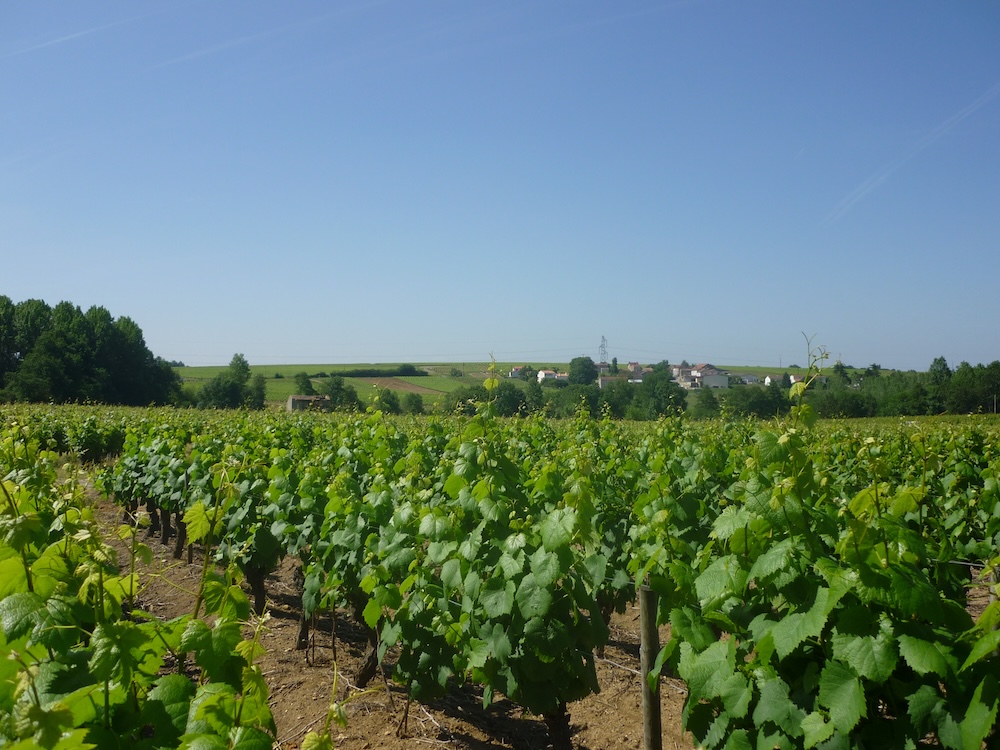
The Luneau family's vineyards, like others, suffered heavy losses
Despite the all-time low in production volumes, all the winegrowers we met view the dearth of wine as an opportunity to continue the premiumisation process for Muscadets. This began several years ago when the white wines from Nantes began to move upmarket by promoting single-vineyard and age-worthy offerings, warranting higher price points. Wines endorsed with a village-designated Cru such as Gorges, Clisson and Château-Thébaud or single-vineyard labels already command prices higher than the regional standard. Some winegrowers like Fabien Vignal, however, whilst delighted at the trend and unanimously praising the producers’ organisation for working towards this, issue a word of warning about the risks of raising prices too quickly: “Premiumisation of Muscadet and the appellation’s ambition of moving upmarket is a good thing. But increasing our prices threefold just because we harvested only a third of the fruit is not the right solution”.
“The trade-off for a drop in inventory is an increase in the price of Muscadet, but it should be done sensibly”, believes Pierrick Pénisson.
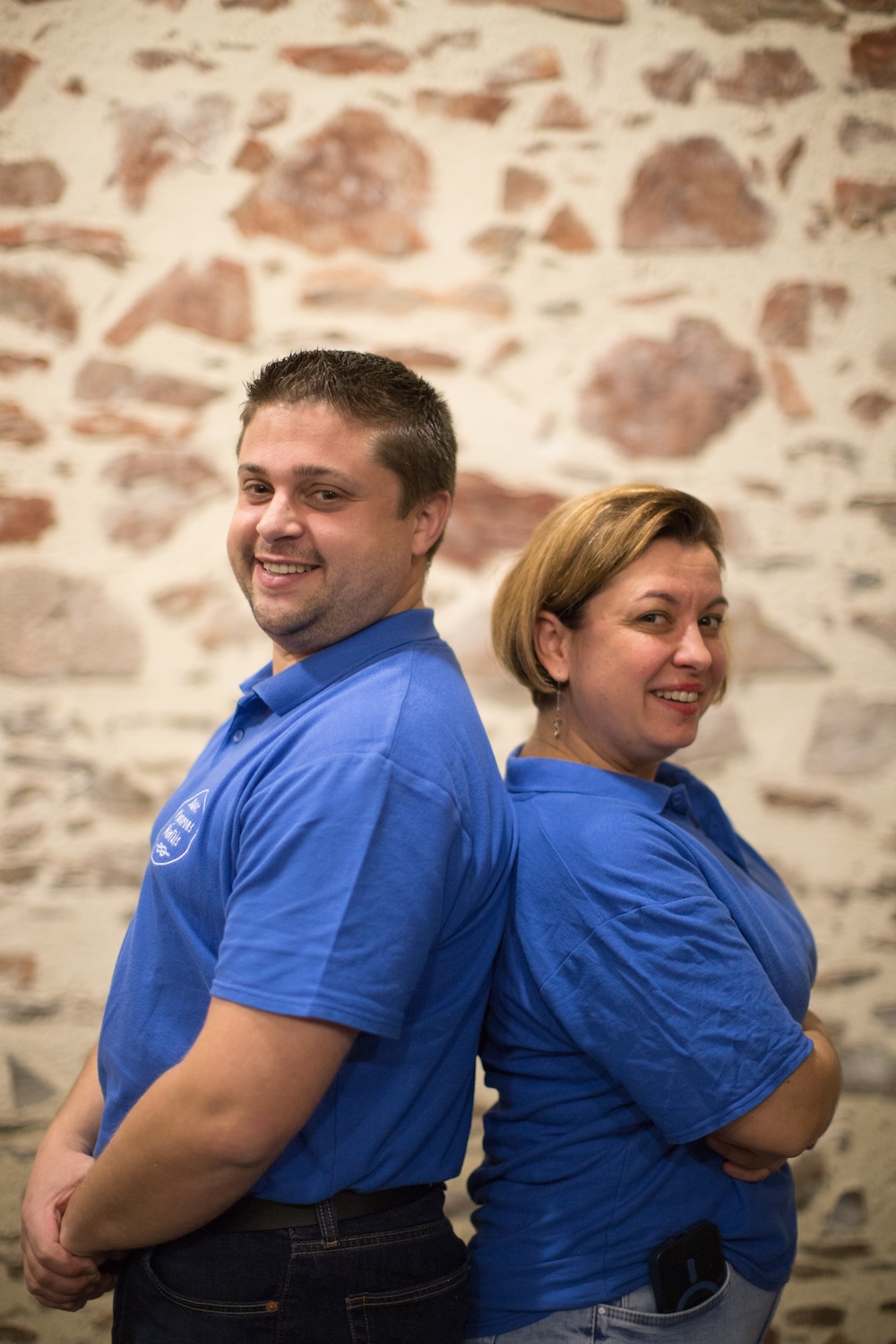
Mathilde Ollivier and Stéphane Cottenceau, the eight-generation family members at the helm of Domaine de la Grenaudière ©Pauline-Theon
The Muscadet wine region has been enjoying renewed overseas interest – particularly in North America and Asia where its dry style with notes of iodine attracts consumers. The small 2024 harvest could, however, undermine the inroads it has worked hard to establish. In addition to the choices that have to be made in wineries where inventory is insufficient, there is a risk that some customers who are more sensitive to prices than to terroir will switch to rival wines.
Some winegrowers are therefore shifting to new marketing strategies. A case in point is the Luneau family who favour “a diversification strategy for our export trade, but also in France, particularly in the Paris region”. Domaine de la Grenaudière, which is already active in the USA, Canada, Asia, Australia and Russia, is now aiming to “ramp up its presence in the European market”.
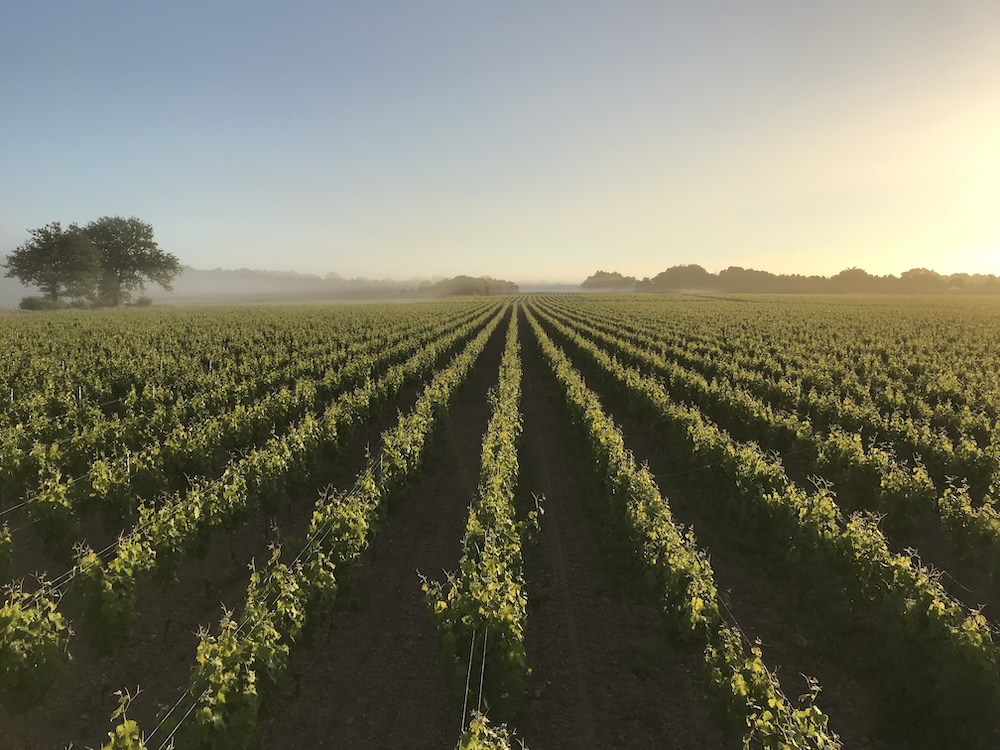 The Federation is encouraging reform so that the Muscadet wine region can cope with climate challenges
The Federation is encouraging reform so that the Muscadet wine region can cope with climate challenges
Since the end of the 2024 harvest, the Nantes Wine Federation has been issuing warnings about the economic difficulties that some wineries will encounter. A crop that is half its normal size leads to a direct loss of earnings which is difficult to counterbalance by just increasing prices. Also, 2024 required more spraying to combat mildew, increasing overheads. Similarly, many winegrowers were not insured for the damage caused by ‘filage’ or losses incurred due to fungal pressure. At the end of 2024, the Federation called on the State to allow growers to benefit from crop failure support funding as well as a drop in property tax on unbuilt land. With a decision due to be published shortly, the Federation is seeing what lessons can be learned from the 2024 vintage and is encouraging structural reform so that the Muscadet wine category can cope better with climate challenges. It plans to make changes to production specifications by dropping planting densities (5,000 vines/hectare) and clarifying the ‘sur lie’ statement (6, 9, 12 and 24 months). It also aims to introduce Folle Blanche as a secondary variety in a bid to secure yields.
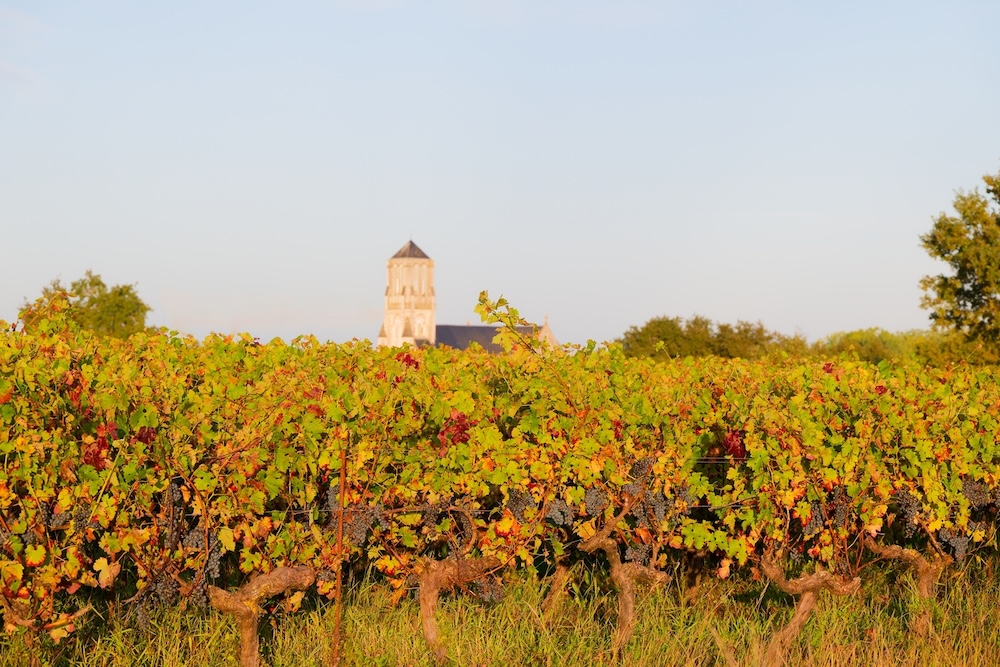
Although the 2024 grop was small, it producted vibrant, fresh, light wines
The Muscadet wine region has rarely experienced such a vintage. Dropping to an all-time low, the 2024 crop has required winegrowers to be extremely agile so that they can make it through to the next vintage. Some wineries are unable to fully meet demand and are compelled to make choices, but even those that have sufficient inventory are forced to make strategic marketing decisions. Although inevitably this is undermining the economic equilibrium of many Loire estates, ironically it could validate the move upmarket that has been underway for several years. The region’s winegrowers have successfully shown that production shortfall is not just an obstacle to overcome but also an opportunity to talk about the quality of their wines. Stocks from previous years – which stem from lengthy ‘sur lie’ maturation or wines yet to be released – offer a welcome safety net, protecting most of the distribution channels in France and export markets alike.
It remains to be seen whether pressure on volumes will lead to robust price increases, and if customers will continue to buy the wines. The Nantes Wine Federation claims that “there will be Muscadet for everyone in 2025”. The coming weeks, when the vintage will gradually be released, will be decisive. In the glass, though, the first wines available are offering a glimpse of a style that is fresher, lighter and has reverted to the traditional vibrancy of Muscadet wines. Once again, the region is sending out a strong signal to consumers with a penchant for dry, easy-drinking and accessible white wines.

Discovery

Discovery
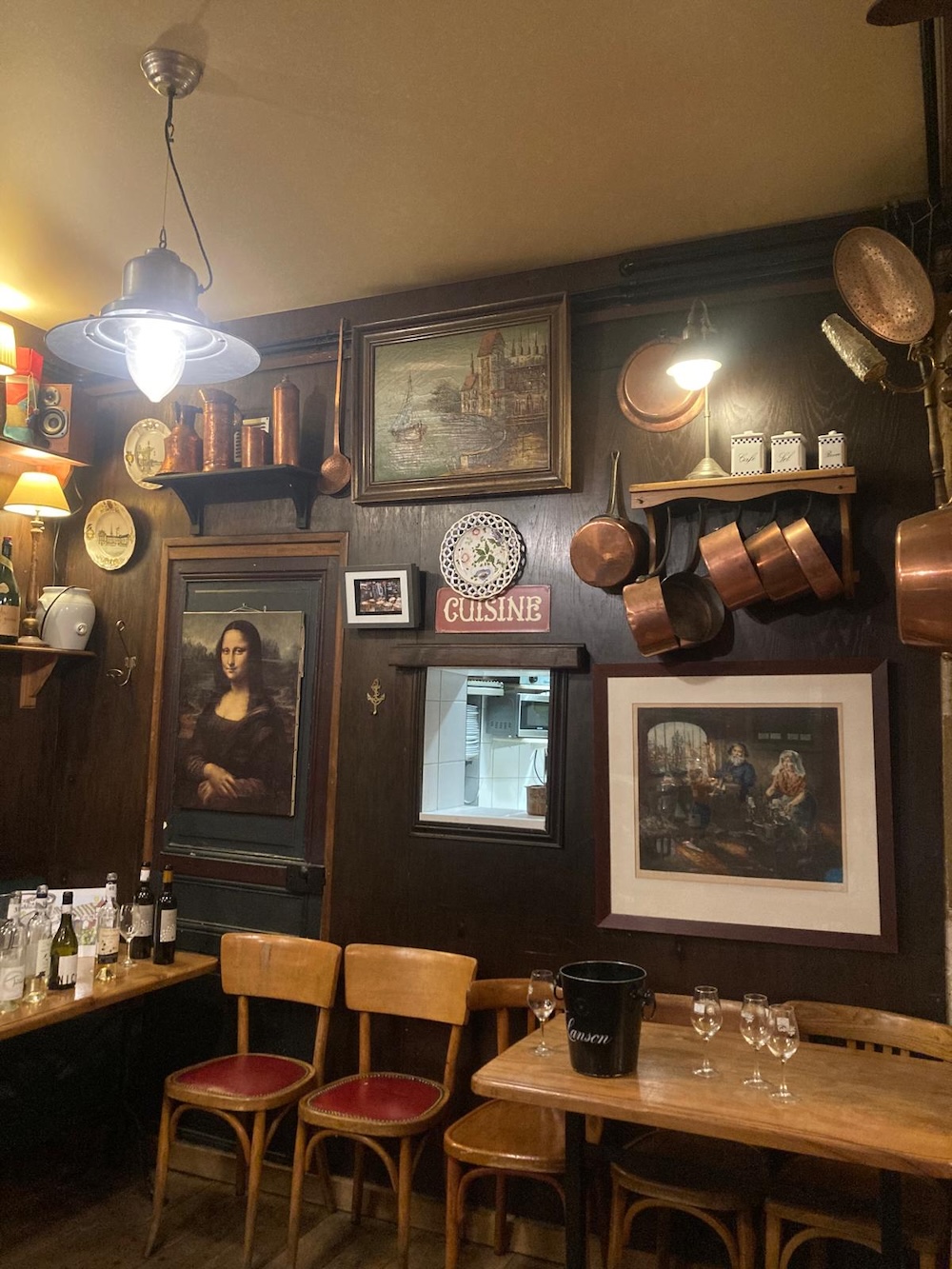
Discovery